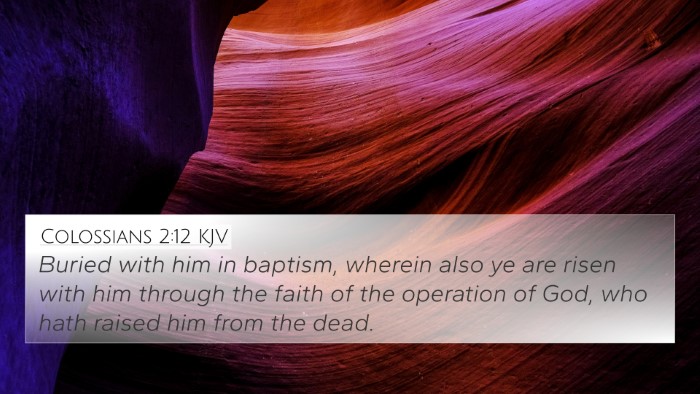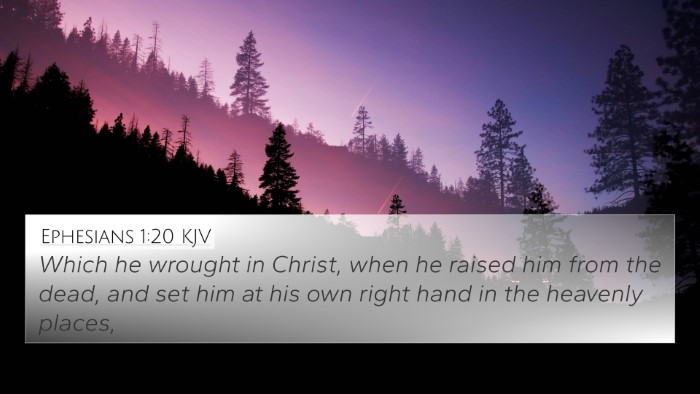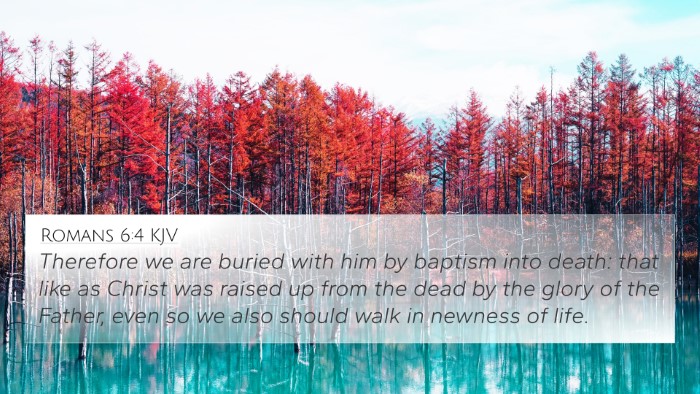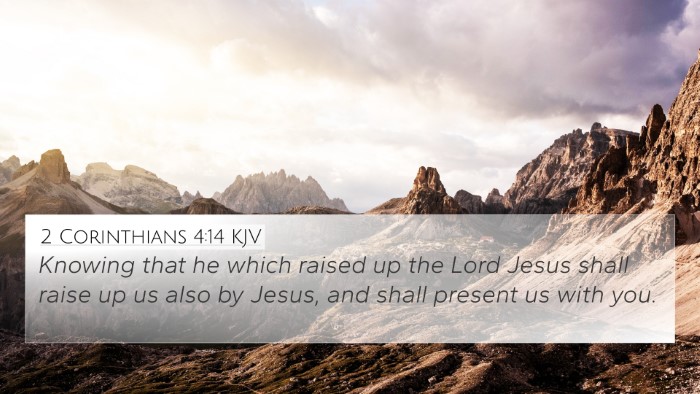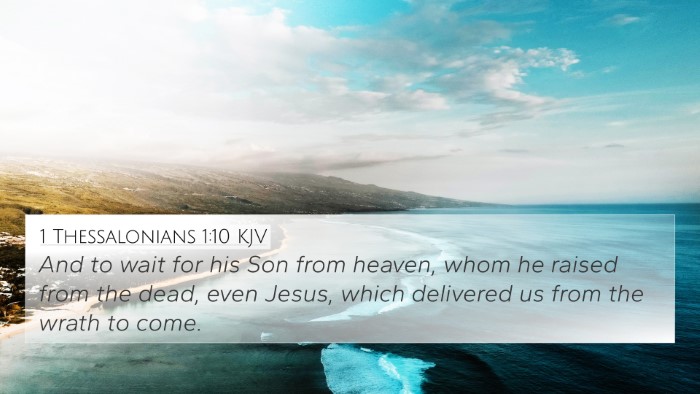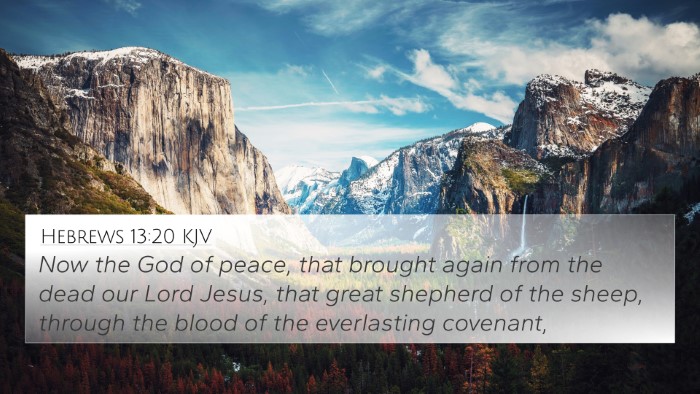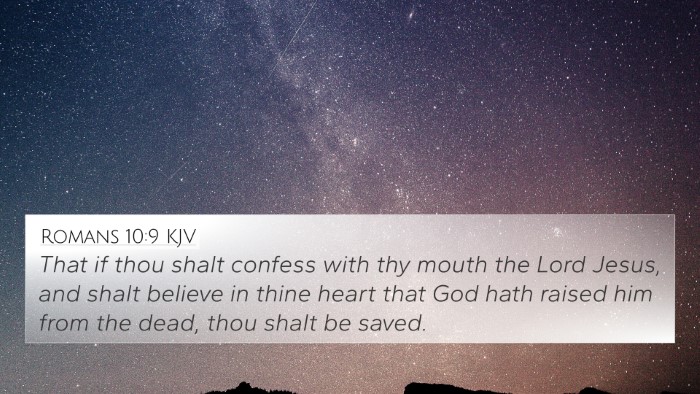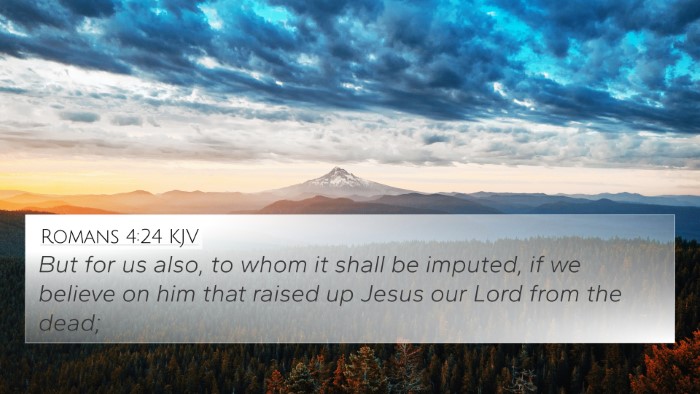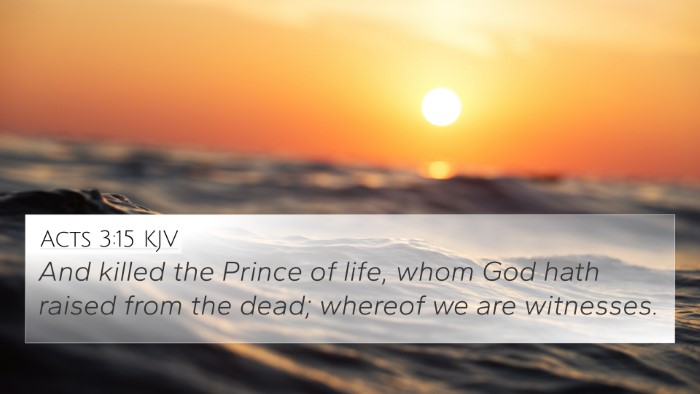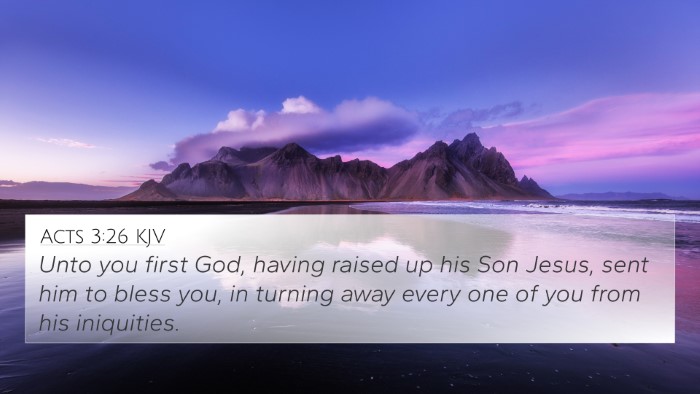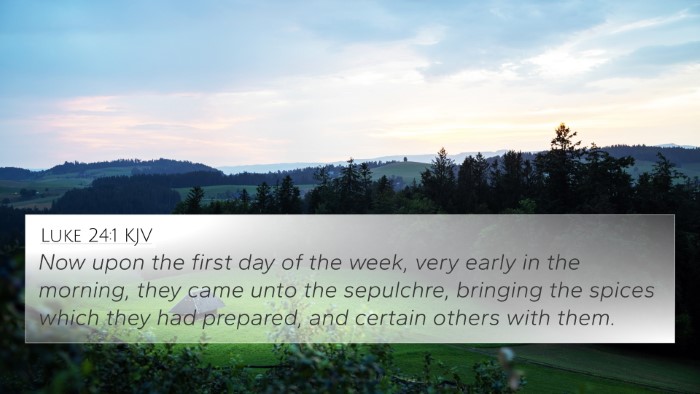Understanding Acts 2:24
Verse Text: "Whom God hath raised up, having loosed the pains of death: because it was not possible that he should be holden of it."
Meaning and Interpretation
Acts 2:24 is a pivotal verse that speaks of the resurrection of Jesus Christ and its significance in the realm of salvation and eternal life. This verse is central to Christian theology, reaffirming the belief that death could not hold Jesus due to His divine nature. Various public domain commentaries provide insights into the depth of this verse.
Matthew Henry's Commentary
Matthew Henry emphasizes that the resurrection of Christ is a definitive proof of His power and divinity. He notes that the “pains of death” symbolize the agony and imprisonment of sin and death which held humanity captive. By rising from the dead, Christ demonstrated His ultimate authority over these forces, offering believers a hope that they too can overcome death through faith in Him.
Albert Barnes' Notes
Barnes highlights that this verse illustrates God's intervention in human history for the purpose of redemption. He expresses that the resurrection was a fulfillment of prophecies and a divine act that was necessary for the salvation of mankind. This act signifies victory not just for Jesus but for all who believe in Him. Barnes encourages the faithful to reflect on the implications of Christ’s resurrection in their own lives.
Adam Clarke's Commentary
Clarke points out that the phrase “loosed the pains of death” signifies the breaking of the chains that bind humanity. He explains that this illustrates the transition from death to life. Clarke also remarks on the impossibility of death retaining power over Christ due to His sinlessness and God’s will, reinforcing the message of hope and the promise of eternal life for believers.
Bible Cross-References for Acts 2:24
- 1 Corinthians 15:55-57 - "O death, where is your victory? O death, where is your sting?" This reinforces the triumph over death offered by Christ's resurrection.
- Romans 6:9 - "We know that Christ, being raised from the dead, will never die again; death no longer has dominion over him." A direct nod to Christ's eternal reign post-resurrection.
- Hebrews 2:14 - "That through death He might destroy him who had the power of death, that is, the devil." Discusses the power of Christ's death and resurrection.
- Acts 13:30-32 - "But God raised Him from the dead," affirming the central message of resurrection.
- Matthew 28:5-6 - "He is not here; for He is risen, as He said." The angel's declaration of the resurrection aligns with Acts 2:24.
- Philippians 2:8-11 - "And being found in appearance as a man, he humbled himself... Therefore God has highly exalted him." Christ’s exaltation is a direct result of His resurrection.
- Luke 24:5-7 - The angel’s reminder of Jesus’ prediction of His resurrection echoes Acts 2:24’s assertion of divine authority over death.
Relationships and Themes in Scripture
This verse creates significant thematic connections between Old and New Testament writings. The resurrection of Jesus is seen not just as an isolated event but as the culmination of prophetic affirmations throughout the Scriptures. The interconnectedness of these texts presents a rich tapestry of God’s redemptive plan.
Inter-Biblical Dialogue
The resurrection speaks to the heart of Christian faith, linking the sufferings of the prophets and the challenges faced by Jesus with the promise of eternal life. It encourages believers to maintain hope amid trials by relying on the strength provided through the resurrection.
Conclusion
Acts 2:24 serves as a profound declaration of faith, illustrating both the power of God and the importance of Christ's resurrection. As modern believers engage with this scripture, they are called to reflect on its implications for their lives and to seek deeper understanding through tools such as Bible concordances and cross-referencing for enriched Bible study.
Exploration of Cross-Referencing
For those looking to further explore scripture and deepen their understanding of Acts 2:24, the following methods and tools can be highly beneficial:
- Bible Concordance: A comprehensive listing of verses and their corresponding themes.
- Bible Cross-Reference Guide: Tools that provide connections between biblical texts.
- Cross-Reference Bible Study: Techniques for studying scriptures alongside related passages for deeper insights.





